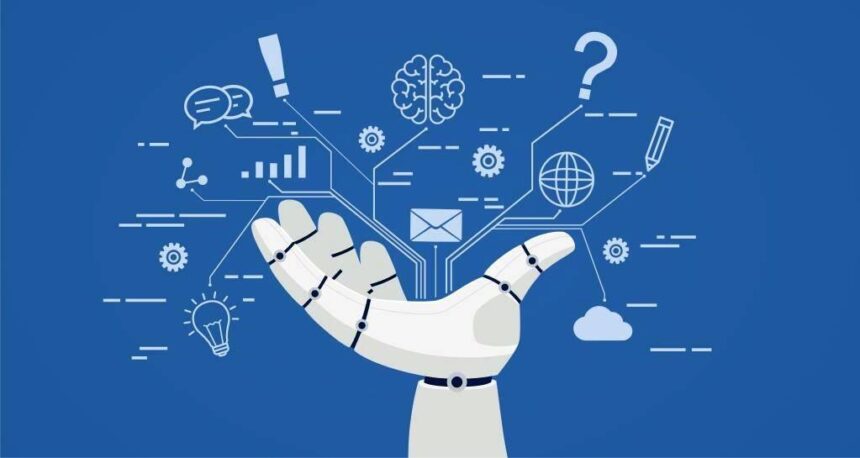Although most people don’t realize it, AI is already helping humanity to meet some growing challenges. It’s being used to help us care for the elderly and take care of our children, and that’s probably just the beginning.
These days, there’s plenty of talk about how artificial intelligence (AI) is going to impact the business processes of companies around the globe, but asking the average person about the human toll of artificial intelligence is likely to result in some vague reference to the Terminator franchise or a snarky quip about “our new robot overlords”. In reality, though, artificial intelligence is already impacting the human condition in some important ways, even if people don’t recognize it yet.
Far from being part of some dystopian future story, AI is already being applied to solve some significant looming societal issues. Much of the development is happening somewhat under the radar, and it spans a number of industries from healthcare to education. There’s one area, in particular, where some amazing innovations are taking place that are helping to care for our most vulnerable populations – children and the elderly.
AI and Aging Populations
All around the world, industrialized nations have been grappling with demographic and economic shifts associated with aging populations. As birth rates in those countries continue to decline, many have already dropped below the population replacement level. That trend, in general, guarantees two things. First, the labor force in those countries is shrinking fast. Second, there are shortages of workers needed to care for those who have aged out of the workforce.
Nowhere is this problem more pronounced than in Japan. Current statistics indicate that a full 27% of the nation’s population is aged 65 or older. Shockingly, experts expect that percentage to climb to 40% by 2065. That adds up to a projected shortage of healthcare workers that the Japanese government is struggling to address. As part of their efforts, the government has sponsored AI and robotics development to create a whole new class of care robots. Already, seniors are interacting with companion robots like Paro, and will soon have some of their mobility needs met by AI-powered robots like Robear.
AI in Childcare and Education
Another effect of aging populations around the world is a growing shortage of qualified childcare workers and educators. Although there are fewer babies being born, many nations are exploring new options to meet the demand. Some countries, like Australia, are subsidizing students who seek a diploma of early childhood education and care as a means of addressing the skill shortage. Others, however, are turning to AI-powered solutions.
In addition to attacking the supply side of childcare and education, there are several examples of companies working to optimize the demand side of the equation. The basic idea is to provide tools that augment the skills of existing workers and childcare facilities and to increase efficiency to the greatest extent possible. To that end, Fujitsu created an AI solution that can match children with care facilities, based on complex parental requests and needs-based assessments. In the US, platforms like Poppy are using AI to connect parents with independent caregivers, eliminating burdensome vetting and providing a centralized means of procuring quality care.
AI is Already Changing Lives
It’s clear that we’ve only just begun to scratch the surface of how AI will ultimately shape our lives. What’s important is that many of the key developments listed here are helping to solve some problems that might easily overwhelm modern societies in the near future.
To be clear, though, we’re a long way off from consigning our elders and children to the full-time care of AI-powered robots and systems, but we’re far closer to it than many realize. The best news is that this current generation of AI systems will serve as ambassadors of sorts – helping to introduce the concept to legions of wary people, who might one day come to embrace AI not as some malevolent force, but as a welcome aid in our daily lives. If that does happen, we’ll all be better off for it.

